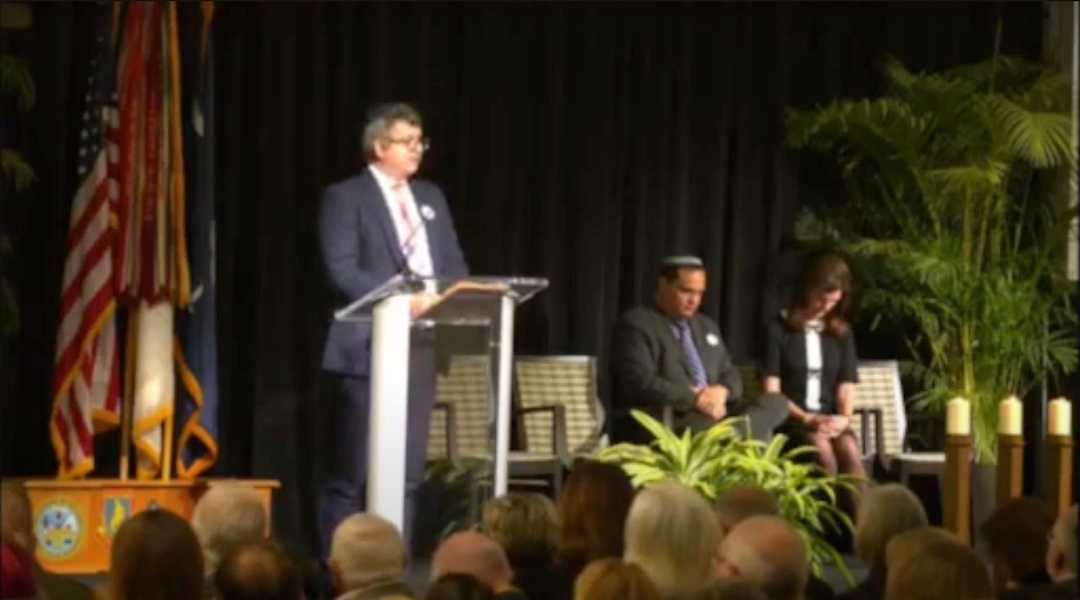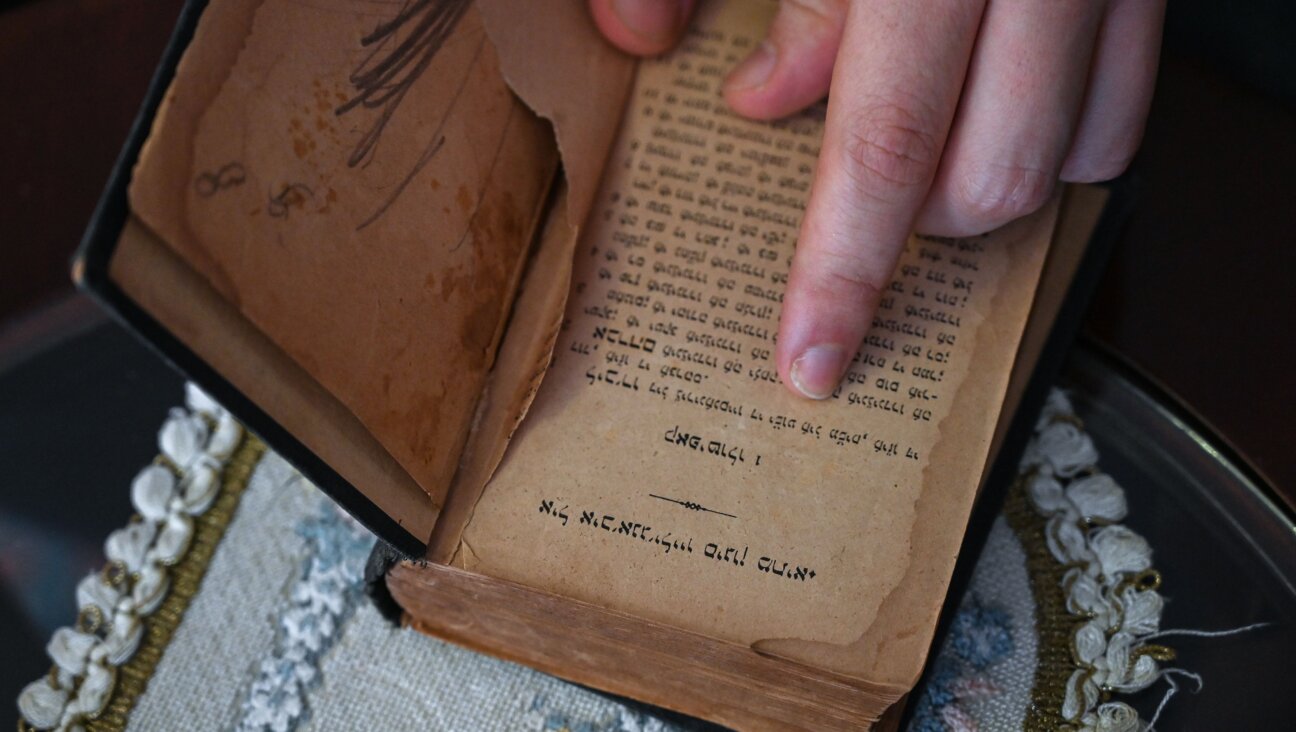What the pandemic taught me to love about Torah

Image by Getty Images
Every year in the dead of the winter, when the Torah cycle entered Vayikra, or Leviticus, I used to release a huge sigh of frustration. One of my synagogue’s ritual directors used to call this book “the barbeque section of the Torah” because it is largely concerned with the why’s and how’s of animal sacrifice, the primary means of worship among the Israelites.
A large part of this book focuses on impurity, a dreaded state in ancient times, and so other highlights include skin diseases and of course, the prohibitions surrounding menstruation. For these reasons, this has usually been the annual time when I gradually began to lose interest in the Torah portions and started skimming rather than reading.
Before the pandemic, my normal Shabbat morning ritual began with saying the earlier prayers at home and then reading the Torah portion. Around 10:30, weather permitting, I would meander over to my synagogue so I could hear the sermon and daven the musaf service with my community.
I like to read the Torah in Hebrew, although it is still a struggle for me, even after years of Hebrew study. Still, I always love reading the personal narratives in B’reshit and Shemot, the first two books of the Torah, and find them filled with eternal truths. And I am even fascinated by the portions leading up to Vayikra about the construction of the Mishkan, or Tabernacle, because I have devoted years of academic writing to the topic of human creativity. Plus, in my earlier years of Hebrew study these portions helped build my jewelry vocabulary, a useful tool while shopping in Israel!
But when I got to Vayikra, I always experienced the mental equivalent of a stop sign. I just could never bring myself to read, or even much care, about it.
This year was different.
Before my vaccinations, I had nothing but time on Shabbat morning. So, when we began Vayikra, I thought I would give it a real try. I graduated myself from using my standard Magil’s Linear School Bible, which breaks down each Hebrew sentence clause-by-clause, to reading complete Hebrew sentences in a Chumash, generously using the English translations when needed.
Much to my surprise, midway through the first portion of Vayikra, taking my time and really focusing on the content, I somehow became engrossed.
Never before had I focused on the details of all the animal sacrifices. I began to appreciate how intricate the system was and how, in its own way, it was designed to respond to critical human needs, like expressing devotion, assuaging guilt and even expressing gratitude for having something to celebrate.
I began to imagine what it must have been like to live during these times and be consumed by the pageantry. On Yom Kippur, the brief early-afternoon Avodah service is designed to bring us back to these times, but given when it falls during this long day of worship, many Jews are no longer in synagogue by that point. And many of those of us who remain are often too tired and hungry to pay all that much attention.
This year, when circumstances forced me to be home with no distractions, I developed an appreciation for a system of worship that I had previously seen as strange and irrelevant. I began to see that even these difficult and seemingly foreign Torah portions can teach us something important.
For example, the zevah sh’lamim, sacrifice of well-being, was offered by a person who had something to celebrate. Sections of the Torah tell us that this particular offering had to be entirely consumed by the day after it was offered. Why? Perhaps to encourage the person making the offering to invite more friends and neighbors to join in their celebration of gratitude and well-being.
How timeless and modern — think B’nai Mitzvah celebration or wedding!
I relish Jewish tradition’s decision to replace these sacrifices with prayer. This choice, along with so many others made by the Talmudic sages, set the stage for the development of a religious tradition that our people have found meaningful for centuries even in the darkest of times. But this year I found meaning in taking a deeper dive into the Torah’s world of worship and giving Vayikra the attention it requires. It was a needed pleasant surprise in a dark year, and, for me, it marked a step in my spiritual growth.
Roberta Rosenthal Kwall is the Raymond P. Niro Professor at DePaul University College of Law. She is the author of “Remix Judaism: Transmitting Tradition in a Diverse World,” (Rowman & Littlefield, 2020); “The Myth of the Cultural Jew” (Oxford University Press, 2015) and “The Soul of Creativity” (Stanford University Press, 2010).
A message from our Publisher & CEO Rachel Fishman Feddersen

I hope you appreciated this article. Before you go, I’d like to ask you to please support the Forward’s award-winning, nonprofit journalism so that we can be prepared for whatever news 2025 brings.
At a time when other newsrooms are closing or cutting back, the Forward has removed its paywall and invested additional resources to report on the ground from Israel and around the U.S. on the impact of the war, rising antisemitism and polarized discourse.
Readers like you make it all possible. Support our work by becoming a Forward Member and connect with our journalism and your community.
— Rachel Fishman Feddersen, Publisher and CEO
























